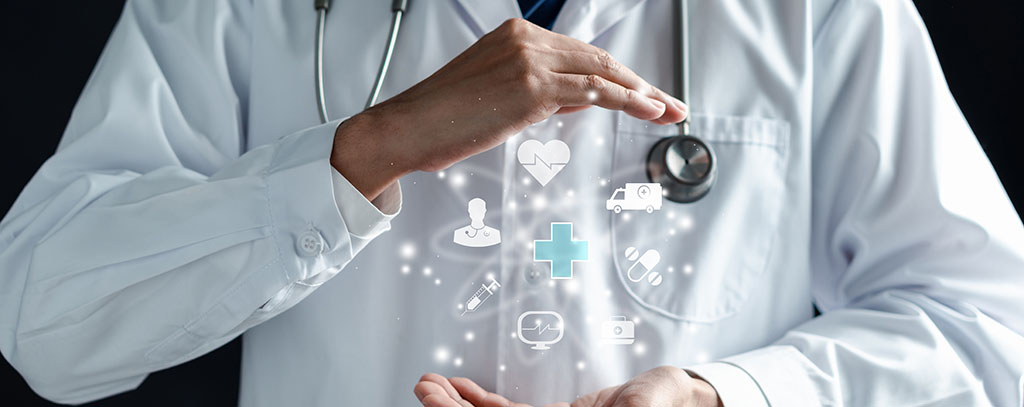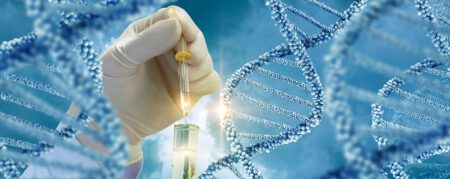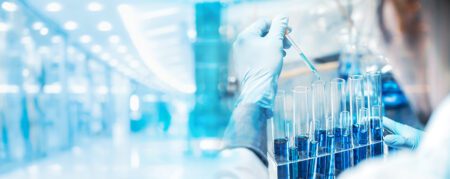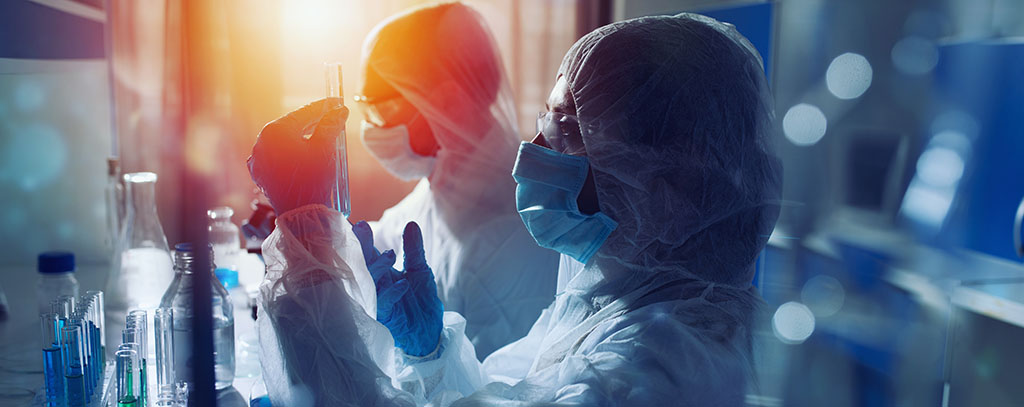


Where to Buy Oral Swab Drug Test – Learn More!
February 27, 2023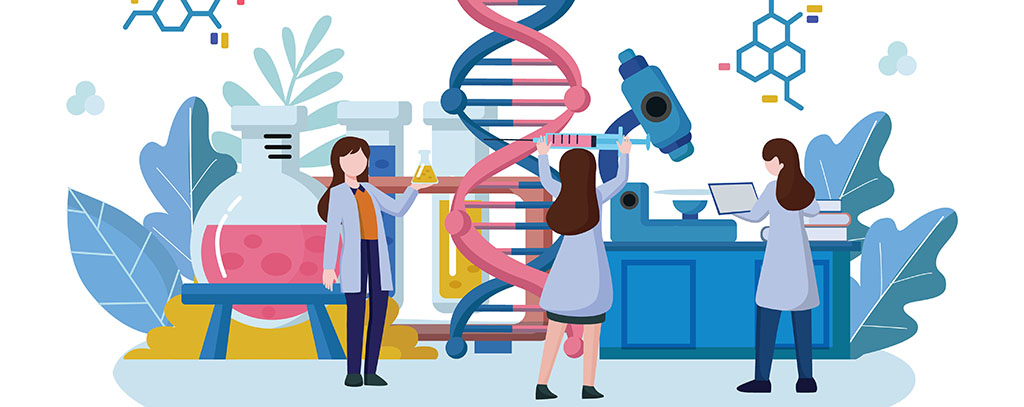


Unlock the Benefits of Saliva Drug Test Kits for Employers with Halux Diagnostic!
March 10, 2023Are you wondering if an oral drug test works? It's an understandable query, one requiring elucidation prior to deciding on procuring drug testing materials. Many employers are now turning towards using this type of test as it is considered more reliable than other methods available on the market today. So, does an oral drug test work? Let’s take a look at what makes up an oral drug test, how it works, its advantages and disadvantages so that you can make your own informed decisions about whether or not such tests should form part of your organization's overall strategy for workplace safety.
What is an Oral Drug Test?
An oral drug test is a type of drug screening that involves collecting saliva from the mouth to detect the presence of drugs in the body. A non-invasive and swift method of ascertaining if someone has taken drugs recently is an oral drug test, which involves collecting saliva from the mouth. The sample obtained can be checked for a range of compounds, like cannabis, cocaine, amphetamines, opiates, benzodiazepines and booze.
How Does an Oral Drug Test Work? An oral fluid sample is collected by swabbing inside the cheek with a cotton swab or other collection device. The sample is then inserted into the testing chamber which uses immunoassay technology which looks for specific metabolites associated with each drug class being tested for. Results are usually obtainable within 24 hours of collection, though the exact time-frame may vary contingent on the lab's workload and processing speed.
An oral drug test has the upper hand over urine or blood tests since it does not necessitate any unique instruments nor intrusive techniques, such as drawing out of veins for blood samples or messing with a urine sample. This makes it easier and more cost effective to administer than other types of drug tests since there are no additional costs associated with collecting specimens or disposing hazardous materials afterwards.
Disadvantages of Oral Drug Testing include its shorter detection window when compared to blood or urine tests, due to rapid metabolism rates in saliva samples. This can lead to a negative result if an individual had used drugs prior but metabolized them too quickly before they could be detected in the sample provided at the time of testing. Utilizing both a urine test and saliva test in combination can be a great option. Additionally, this method requires direct observation while administering which increases risk for privacy issues since the donor must remain visible throughout the entire procedure, making it less desirable when considering employee rights related matters - especially those involving minors where parents/guardians must give consent beforehand.
Overall, oral fluid based testing offers fast and reliable results without the need for expensive specialized equipment. However, due to its limited detection window for short-term use only, plus potential privacy concerns, it may not be a suitable choice in certain scenarios. Companies should consider all factors involved carefully before deciding what type best suits their needs in order to ensure accuracy and fairness in compliance with laws and regulations regarding workplace substance abuse policies.
Oral drug testing is a reliable approach to recognizing substance utilization in an individual; however, comprehension of the technique is necessary prior to its implementation.
How Does an Oral Drug Test Work?
The sample is collected from inside the cheek and tested using immunoassay technology, which looks for specific markers associated with certain drugs. This method can be used to identify recent consumption, as well as extended misuse.
Beginning the gathering, a swab of the inner cheek is obtained with an absorbent pad or cotton bud. The sample is then placed in a container for analysis. Then the results will be interpreted. If the result is a non-negative the recoomneded procedure is to then send the sample to a laboratory for confirmation testing.
Technicians, upon entering the laboratory, will employ GCMS technology to scrutinize the sample for any evidence of drugs or their metabolites.
lab results from an oral drug test may take anywhere from 24 to 72 hours, depending on the laboratory's workload. If there’s suspicion that someone has recently taken a particular substance, additional tests may need to be conducted before definitive results can be obtained; this could delay results even further beyond 72 hours if necessary.
Oral drug tests offer several advantages over other forms of testing such as urine or blood sampling; they are non-invasive, relatively quick and easy to administer, cost effective compared to other forms of testing, and provide immediate feedback so employers can know right away if someone has recently used illicit substances while on duty without having to wait days for results from another form of testing like laboratory analysis which typically takes 3-5 days before conclusive results can be determined.
On the downside however, oral drug tests cannot determine exact quantities consumed nor do they provide information about usage history; only current and recent consumption can be detected through this method . Additionally , false positives may occur due to cross reactivity between different medications meaning what appears initially positive might actually turn out negative upon further investigation . As with all forms of drug testing , adulteration (the act tampering) also remains a concern since individuals could potentially try masking evidence by adding something else into their saliva prior submitting it for analysis.
Overall, oral fluid-based screenings offer employers fast and reliable insight into potential employee intoxication while being less intrusive than traditional methods such as urinalysis. However, caution should still be exercised when interpreting findings since false positives remain possible along with attempts at adulteration which could render entire batches invalid altogether.
Oral drug tests offer a practical and economical way of identifying drugs in the system, however it is essential to evaluate both its pros and cons prior to making a decision on whether this type of testing should be implemented. Let's explore these further by looking at the benefits of oral drug testing.
Advantages of Oral Drug Testing
Oral drug tests offer a handy, non-invasive means to spot recent substance use. They furnish speedy outcomes, making them suitable for employers or other entities requiring to be aware of the results expeditiously. Unlike urine or blood tests, oral drug tests do not require any special equipment or laboratory analysis.
One advantage of an oral drug test is its accuracy in detecting recent use of drugs. Saliva contains traces of drugs for only a short period of time compared to other bodily fluids such as urine and blood, so it can more accurately determine whether someone has recently used drugs than those methods can. This makes it especially useful for testing people who may have used drugs within the past few hours before being tested.
The non-invasive nature of oral drug tests makes them more acceptable to those being tested, decreasing the likelihood that someone will decline participation due to discomfort or shame regarding providing bodily fluids for testing. The simple swabbing techniques used to collect saliva from inside the mouth do not require any physical contact with the person being tested, further contributing to its acceptability.
Finally, oral drug tests are easy and cost-effective for companies and organizations looking to purchase supplies for conducting these types of screenings on their employees or memberships groups. The kits required are relatively inexpensive compared with other forms of testing and don't require additional specialized training beyond what most employers already possess when administering regular employee screenings such as background checks and pre-employment physicals exams.
In general, oral drug testing offers a hassle-free and economical approach to assess for substances. Yet, before opting for this solution, certain drawbacks must be evaluated; these shall be further discussed in the subsequent passage.
Disadvantages of Oral Drug Testing
Oral drug tests are a type of drug test that can detect recent use of drugs in the body. Oral drug tests are commonly employed to search for signs of illicit substances, like marijuana and cocaine. However, they have several disadvantages compared to other types of drug testing methods.
A disadvantage of oral drug tests is that they may not be as precise compared to other testing approaches, with the capacity only to detect recent use (within a 24-48 hour window). Oral swab tests can only pick up on recent drug use, so if a person has taken something longer than two days ago, it won't show. Moreover, certain substances may not be as easily discernible through oral swabbing due to their limited window of detection or lesser sensitivity when compared with other techniques such as urine or hair analysis.
Finally, some people may still find taking an oral swab uncomfortable or intrusive due to them having something placed inside their mouth for several minutes while supervised by another person. This can cause anxiety and distress among those who are asked to take part in this kind of test making it less effective overall when trying to get accurate results from individuals who do not feel comfortable with the process itself.
Though there are a few disadvantages to using an oral drug test, it is still a reliable method of testing for many companies. Consequently, what is the ultimate assessment of this form of substance testing?
Conclusion
In conclusion, an oral drug test is a convenient and cost-effective way to screen for drugs. It can be used in many different settings, from the workplace to home testing. Though it may offer certain advantages, oral drug testing is not without its drawbacks and should be carefully considered before implementation. Ultimately, the answer to "does an oral drug test work" depends on the situation and type of drug being tested for. Yet, when applied effectively and with adequate instruction, an oral drug test can generate precise outcomes in a timely fashion.
Drug testing is an important tool in keeping our communities safe. With the right drug testing supplies, you can quickly and accurately detect the presence of drugs in someone’s system. Halux Diagnostic offers a range of oral drug tests that provide reliable results with minimal effort. Get ahead of potential risks today by investing in high-quality, accurate solutions from Halux Diagnostics to keep your community safe

